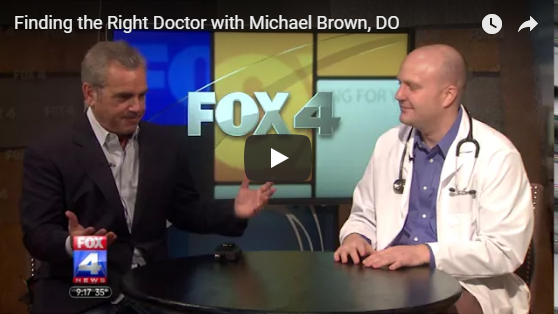Peripheral Artery Disease: It's Your Arteries Talking
April 25, 2022By: Amy Bennett
Categories: Cardiac, Live Healthy

Peripheral Artery Disease, also called PAD, is an often underdiagnosed and common circulatory condition affects more than 8.5 million people in the U.S. With PAD, the arteries in your legs become narrowed or clogged with fatty deposits or plaque. The narrowed or blocked arteries restrict blood flow to your arms and legs, which can lead to a heart attack or stroke. Justin Maxfield, MD, of Meritas Health Cardiology, discussed the risk factors, symptoms, diagnosis, treatment, and how to lower your risk for a heart attack or stroke. Here are his top takeaways.
Top 5 Takeaways:
- Risk factors include:
- Age: 65 years and older
- Diabetes
- High blood pressure
- High cholesterol
- Smoking
- Symptoms: Many people with PAD do not have symptoms. If they occur, the main symptom is a burning or cramping in the legs, called claudication. This can be induced by exercise and relieved with rest. When more severe, PAD causes pain at rest, skin breakdown and nonhealing wounds.
- Diagnosis: Your cardiologist will perform a physical exam, including a noninvasive test to evaluate your blood pressure and blood flow before and after an exercise stress test. Screenings to check for blockages in your blood vessels could include a CT or MRI angiogram and/or a catheter-based angiography.
- Treatment: Your cardiologist may prescribe medication to help:
- Dilate blood vessels
- Lower cholesterol
- Reduce high blood pressure
-
Thin blood
If surgery is needed, a catheter-based therapy, including balloons, drug-coated balloons, or stents, may be needed. - Risk Reduction: People with PAD have a higher risk of coronary artery disease, heart attack and stroke. You will be advised to make lifestyle changes, which will reduce your risk of complications and improve your symptoms. They include quitting smoking and regularly exercising.
If you think you have PAD, call your primary care doctor or the cardiology professionals at Meritas Health Cardiology for a referral.
Watch Dr. Maxfield’s presentation.
Explore More



